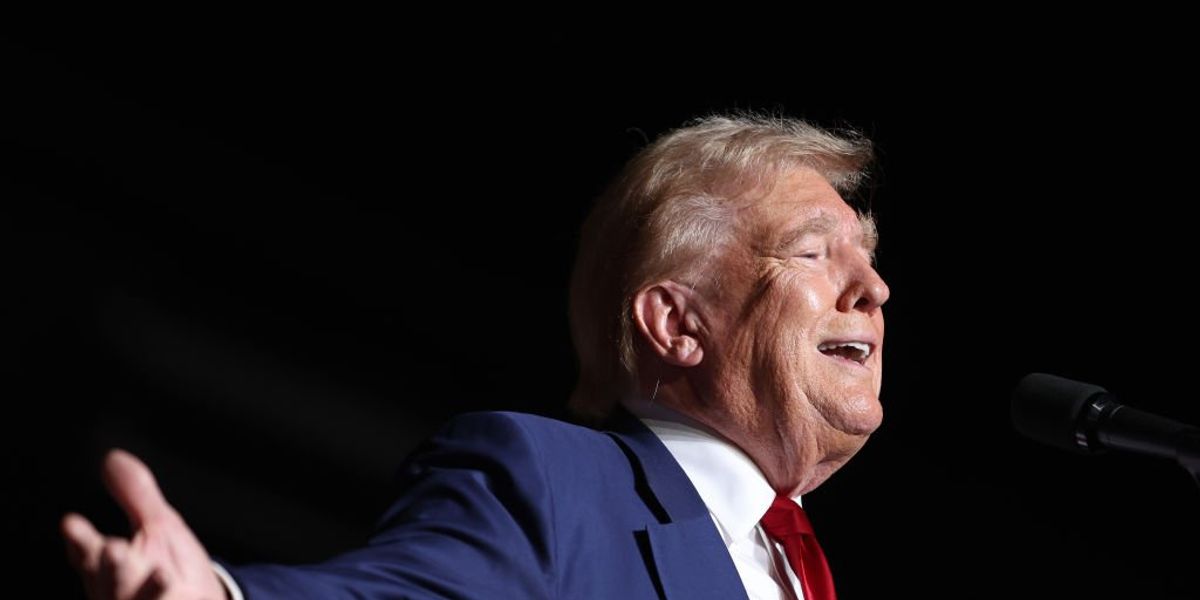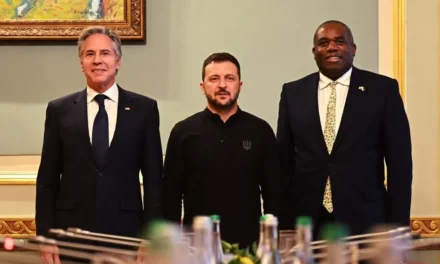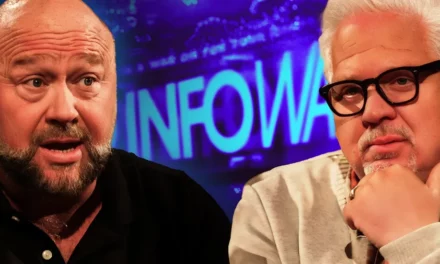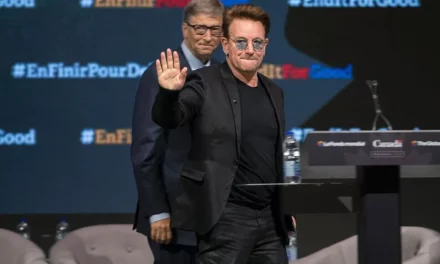We support our Publishers and Content Creators. You can view this story on their website by CLICKING HERE.

Donald Trump’s campaign so far and his recent debate performance against Kamala Harris aren’t building him leads in swing states that will overcome
known election vulnerabilities. But Trump still has time to complete a great comeback. Here’s how.
Eventually, reluctantly, most humans level with other humans they’ve harmed. But politicians haven’t been leveling with the people they’ve hurt.
Why not? Politicians don’t want to, for reasons. People will get upset. Voters might stop supporting them. People will ostracize them. People might even jail them.
Except those reasons aren’t true. When a person harms us and we know it, and he levels with us, we normally show the distress we’ve had all along. But we also are immediately relieved and start becoming
less and less upset.
Many of us are
Christians, all of us live in a Christian-formed culture, and all of us have an inborn desire for social interaction. So when a person genuinely and humanly seeks to connect with us, we normally at least support his taking this action and don’t ostracize him.
People support justice, so many will back prosecution and punishment. However, when someone who has
harmed others confesses, shows remorse, pleads for mercy, and commits to offer restitution, many potential jurors and judges will respond with significant mercy and view the individual’s efforts to make amends favorably.
Now is the time when connecting with voters is in politicians’ strongest self-interest. It’s election season.
Politicians know they don’t have to level with us. They know they’re
difficult to oust.
Still, it would be so bleak that it’s inconceivable that most politicians wouldn’t level with others in their personal lives. Humans deeply need to connect, with spouses, children, parents, friends, colleagues, and even mere acquaintances.
Connections can’t deepen if we never say, “I’m sorry. I’ll stop it.” And mean it. And do it.
Apologizing and atoning are essential human skills. Such skills can’t possibly be lacking in politicians as a group. In fact, it’s politicians’ stock-in-trade to use body language and verbal cues
to connect with others.
Now is the time when connecting with voters is in politicians’ strongest self-interest. It’s election season.
This election season will be Donald Trump’s last. This is his last chance to make substantial amends. Trump has lived through what could make him a changed man.
Trump has been known to apologize for one striking statement he made. In 2005, talking privately, Trump “trash-talked” about having been able to sexually touch women inappropriately. This was caught on a hot mic. The
Washington Post published the now-notorious “Access Hollywood” tape on October 7, 2016.
With his first candidacy at stake, Trump apologized repeatedly and very publicly — first with a written statement on his campaign website, then a day later with a video statement, and then two days later
during his debate with Hillary Clinton.
Now we’re again in the homestretch of a tight presidential race. Trump could again just level with us. He could say something like this:
Just weeks ago, I was left
unprotected and I was nearly murdered. It almost happened again the other day. But I got a second chance. I’ve made absolutely horrific mistakes. I’m going to do everything I can to ensure that nothing like these things will ever get done to you again.
1. I’m devastated that I brought about deadly lockdowns.
I will recommend and sign full repeal of federal
emergency powers. I will recommend and sign legislation that explicitly outlaws emergency powers in every jurisdiction.
2. I’m devastated that I helped create deadly lipid nanoparticle mRNA therapies.
I will recommend and sign full repeals of
immunity from product liability.
3. I deeply regret that I didn’t use my powers to keep persons from being deprived of life by abortion.
I will
no longer execute any statutes or opinions that protect abortion. I will recommend and sign legislation making it explicit that legally, life begins at fertilization.
4. I deeply regret that I commanded troops in war, provided military support for war, and supported so-called civilian aid that was used for war, at times when Congress hadn’t declared war and hadn’t passed rules of engagement that would keep persons from being unduly deprived of life.
I will command our troops to come home. I will stop sending any aid to either side in any undeclared wars. I will recommend and sign full repeals of all infringements of
the right to keep and bear arms.
I will stop executing our current unconstitutional war treaties, and I will recommend and sign formal repeals.
5. I deeply regret that I didn’t use my powers to stop the deadly and devastating invasion by illegal aliens.
I will
stop enforcing unconstitutional laws.
6. I am very sorry I recommended, signed, and executed devastating inflationaryspending.
I will recommend and sign
repeals. I’m determined to end these tyrannies. I ask you to please help me bring these freedoms.
This isn’t only an opportunity for Trump.
Regardless of what Trump does about his actions, we the people need as many politicians as possible to examine their own actions.
We need the apologies and remedies to come soonest and be the most exemplary, from the politicians who are the most prepared to lead by example.
It may not be easy to see what you could have done better. I tried to think of what things I could have been doing better, and nothing came to mind. Fortunately, I have a wife.
Say “I’m sorry. I’ll stop it.” State exactly what you did and exactly what you will do. Let people reply. Listen.
Show that you understand. And assert again. Then if elected, take every action you said you would take.

 Conservative
Conservative  Search
Search Trending
Trending Current News
Current News 







